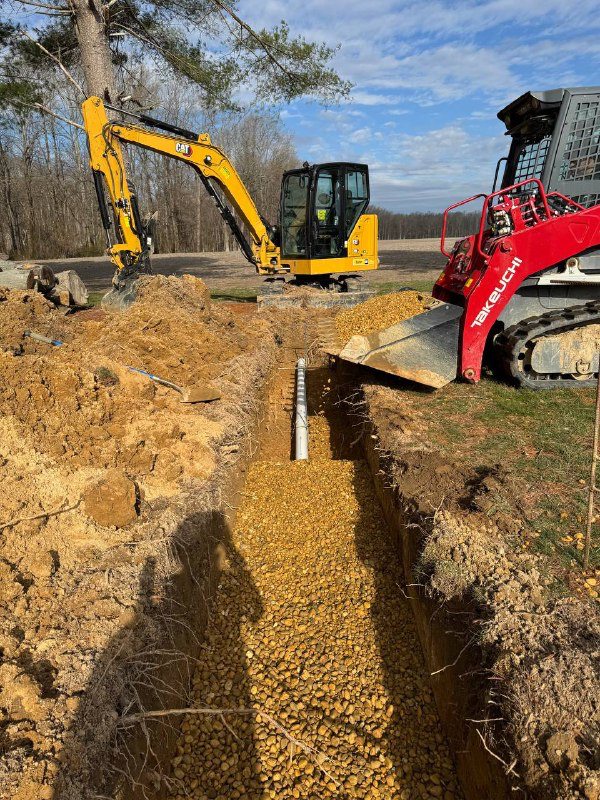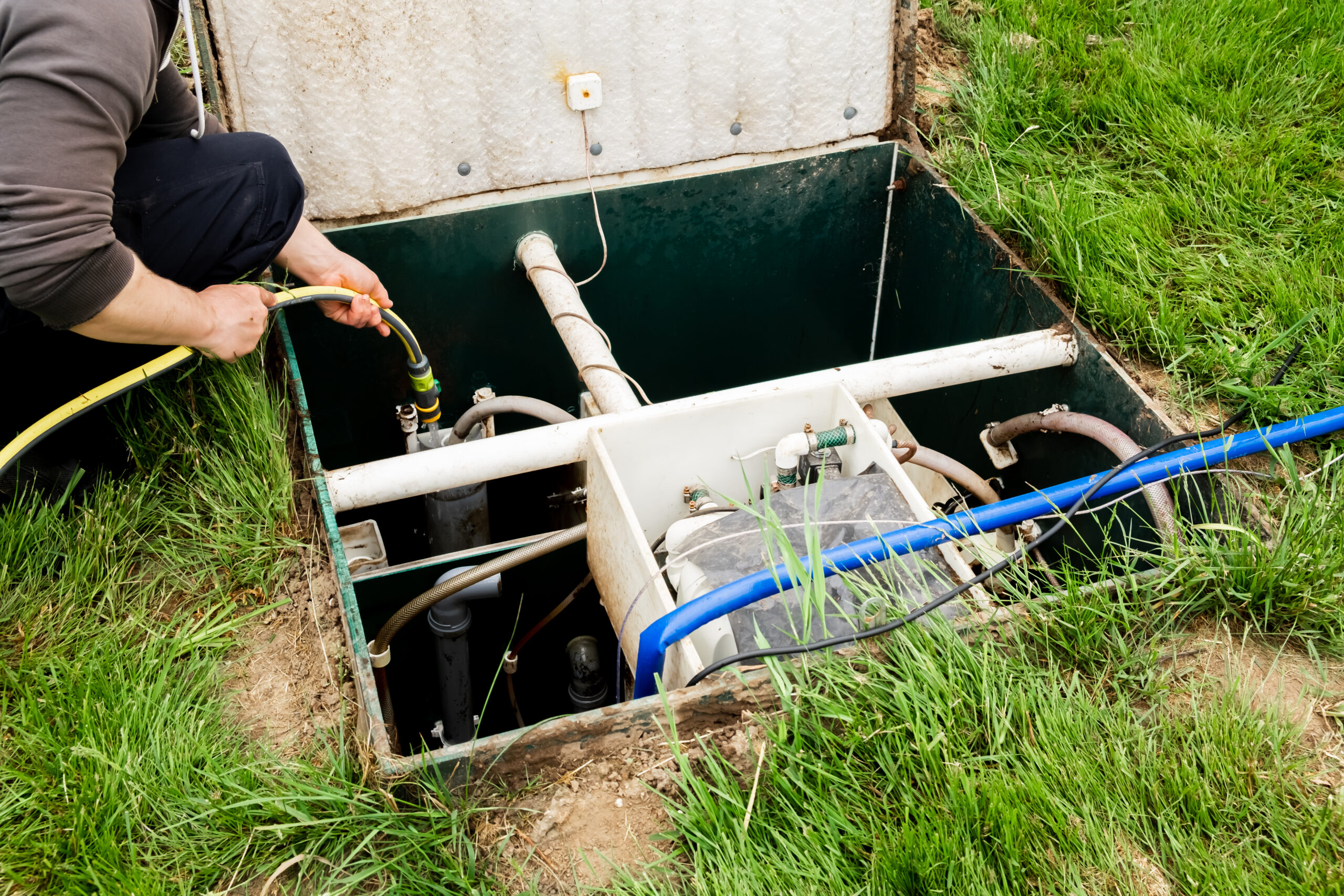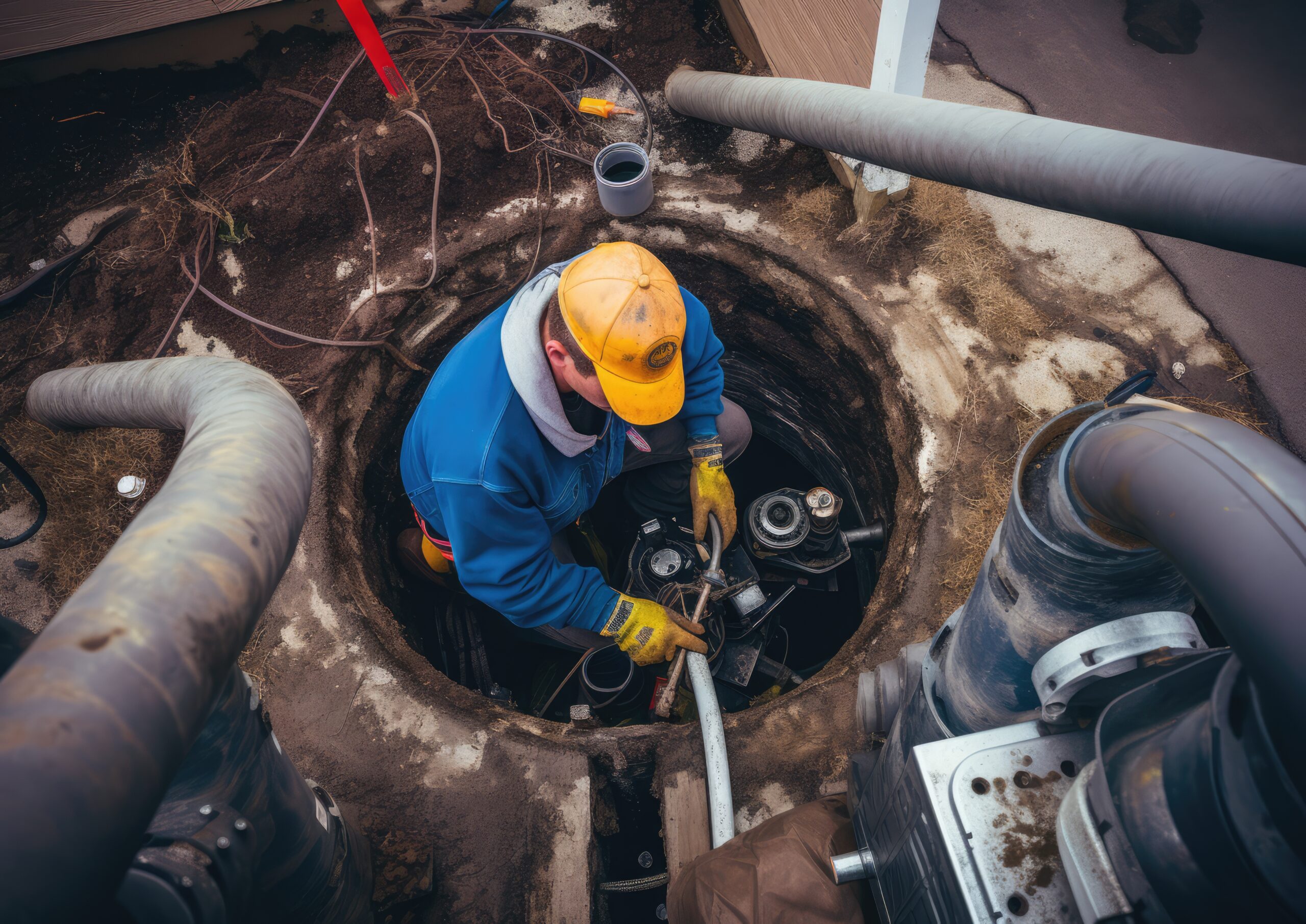Septic tank backups can cause major household disruptions, unpleasant odors, and expensive repairs that no homeowner ever wants to experience. Thankfully, preventing these messy issues is simple when you commit to proper maintenance, waste habits, and regular septic system inspections. Most problems begin with neglect, so adopting a proactive mindset toward your system’s care can help you avoid any future disaster. This guide explains practical tips, including why pumping septic tank systems regularly plays a critical role in avoiding complete tank failure. From kitchen habits to landscaping choices, every small decision you make influences your septic system’s performance and long-term reliability.
Understand the Role of Your Septic System
Your septic system treats wastewater from toilets, sinks, and appliances, filtering solids and dispersing treated liquid back into the ground. All waste flows into the tank, where solids settle and bacteria break down materials, allowing water to exit through the drain field. When solids accumulate without removal, the tank overloads, pushing waste into pipes and triggering clogs, slow drains, and unpleasant backups. Pumping septic tank systems every few years helps eliminate this sludge buildup, keeping your system balanced, healthy, and functioning efficiently. Homeowners who understand how their systems work are more likely to prevent problems by monitoring what enters their drains each day.
Be Mindful of What You Flush or Drain
A major cause of septic tank issues is flushing non-biodegradable items or pouring grease and chemicals into your kitchen or toilet drains. Paper towels, feminine products, diapers, and wipes don’t break down easily and can quickly clog pipes before reaching the septic tank. Cooking grease solidifies in pipes and restricts flow, while bleach and chemical cleaners kill helpful bacteria essential for waste breakdown. Even with consistent pumping septic tank efforts, overloading it with harmful substances strains its performance and reduces the system’s operational lifespan. Use natural cleaning products, and always dispose of garbage, grease, and plastics in the trash—not down your household drains or toilets.Improper grease disposal can clog your pipes and lead to serious septic system damage and expensive backups.
Schedule Regular Inspections and Tank Pumping
Proper waste disposal means keeping plastics, chemicals, and grease out of drains and only flushing biodegradable items. Even if your system shows no signs of trouble, it might be accumulating waste or experiencing unnoticed slowdowns deep within the tank. Professionals use tools and cameras to examine the tank, check sludge levels, and identify potential issues before they become bigger problems. Regular maintenance includes pumping septic tank sludge every three to five years, depending on household size, tank capacity, and usage habits. Skipping scheduled pumping invites overflow, which damages drain fields, contaminates groundwater, and leads to sewage backing into your home. Companies like Septic Masters recommend setting reminders and maintaining service records to stay on top of inspections and necessary pump-outs consistently.
Maintain Your Drain Field with Smart Landscaping
Your drain field is a vital component of the system, filtering water safely back into the soil after waste exits the tank. Parking cars, installing patios, or planting trees with deep roots above it can compact soil and break drain lines underground. Roots can invade the pipes, causing blockages that back up wastewater into your house or saturate your yard with untreated effluent. Make sure your drain field remains clear, grassy, and undisturbed—never place heavy structures or plant water-loving trees near this area. Proper landscaping ensures efficient system drainage and prevents pressure-related issues that force waste to flow back into the septic tank.
Conserve Water to Reduce System Stress
Using excessive water overwhelms the system by pushing more liquid through the tank than it can process in a short timeframe. Washing multiple laundry loads in one day, running long showers, or fixing leaks too late will strain your septic system’s capacity. Even if you’re regularly pumping septic tank waste, excessive water usage can flush solids out before they properly settle or decompose. Install low-flow toilets, space out water-heavy chores, and repair leaks immediately to ease the workload on your septic system daily. Water conservation not only supports your plumbing but also helps protect the overall health and function of your septic system long-term.
Signs You Might Have a Backup Developing
Recognizing early warning signs can help you act before a backup causes major health hazards, odors, or property destruction inside your home. If you notice slow-draining sinks, gurgling toilets, or soggy patches near your drain field, your system could be in distress.
Other red flags include foul smells indoors or outdoors and visible sewage seeping up from toilets, showers, or yard soil areas. These signs often indicate that your tank is full and urgently needs attention before the issue escalates into a bigger repair job. Acting promptly by contacting professionals like Septic Masters can save you thousands in restoration costs and protect your household’s environment.
Final Thoughts for Proactive Homeowners
Septic backups are not inevitable when homeowners take consistent, thoughtful steps to protect their system from wear, waste, and water stress. By following smart habits and ensuring you’re periodically pumping septic tank contents, your system will operate cleanly and reliably. Educate family members on what not to flush, monitor your water usage, and always prioritize professional maintenance before problems arise. Use trusted service providers who offer thorough inspections, eco-friendly solutions, and timely pumping to support your system’s longevity. A well-maintained septic system adds peace of mind and prevents emergency disruptions, keeping your home safe, sanitary, and smoothly functioning always.
Flush Happens… But Backups Shouldn’t! Call Septic Masters before your toilet becomes a geyser of regrets.




